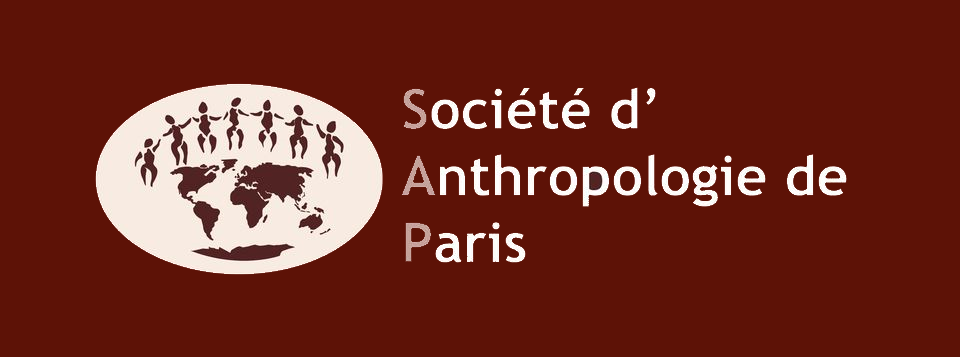January 24-27, 2018 (Espace Mendes-France, Poitiers)
Theme 1: From Cro-Magnon to the present day: peopling, population dynamics, human-environment interactions
Invited speaker: A.R. LINARES, La génétique de l’apparence physique en Amérique latine
The discovery of Cro-Magnon 150 years ago has led to significant revision of the position of Man among the Living, opening the way to research on population history and population dynamics. This session, mainly through biological diversity – ranging from DNA to phenotypes -, will focus on ancient and current populations (from 200 000 years to today), interrogations on peopling, continuity/discontinuity of populations, and human-environment interactions.
Keywords: micro-evolution, population dynamics, (paleo)environment, (paleo)genomics, modelling, morphotype-phenotype
Theme 2: Morphological variability in paleoanthropology: new approaches, new issues?
Invited speaker: M. BASTIR, The significance of the respiratory system for cranial and postcranial skeletal morphology in Neanderthals and modern humans
From the study of the first representatives of the human lineage to the study of the species Homo sapiens, paleoanthropology is a multisource field fueled by the development of other disciplines such as paleontology sensu lato, primatology, paleopathology, ontogeny, biomechanics, etc.
However, despite a growing fossil record and constantly developing and/or renewed methodologies, our fundamental questions concerning taxonomy, phylogeny, and behaviors of extinct Hominini are confronted with the difficulties in the interpretation of the morphological variability of their fossilized remains. From a broad perspective and considering the recent advances of research in this field, this theme aims to explore:
- the potential sources of this morphological variability: phylogenetic, ontogenetic or developmental, behavioral, ecological or more generally, environmental;
- the means used to characterize this variability: methodologies and concepts (e.g. morphological integration)
- new evolutionary hypotheses built on a better appreciation of this variability and their significance.
Keywords: fossil Hominini, Primates, mammalian models, taxonomy, phylogeny, paleobiology, sexual dimorphism, growth
Theme 3: Scientific breaking news
This theme will host new research from the discipline, including recent discoveries or methodological advances.



